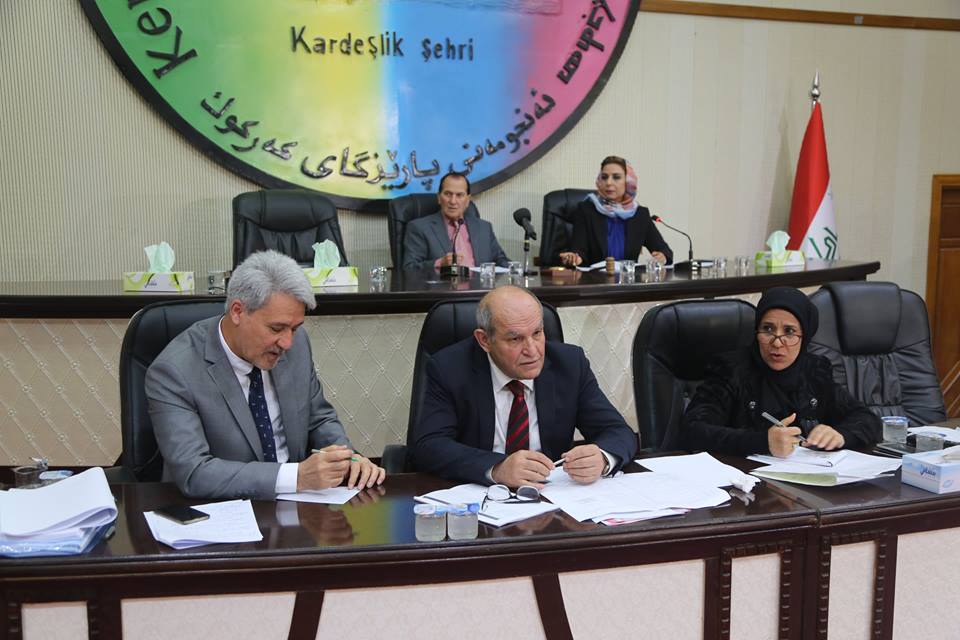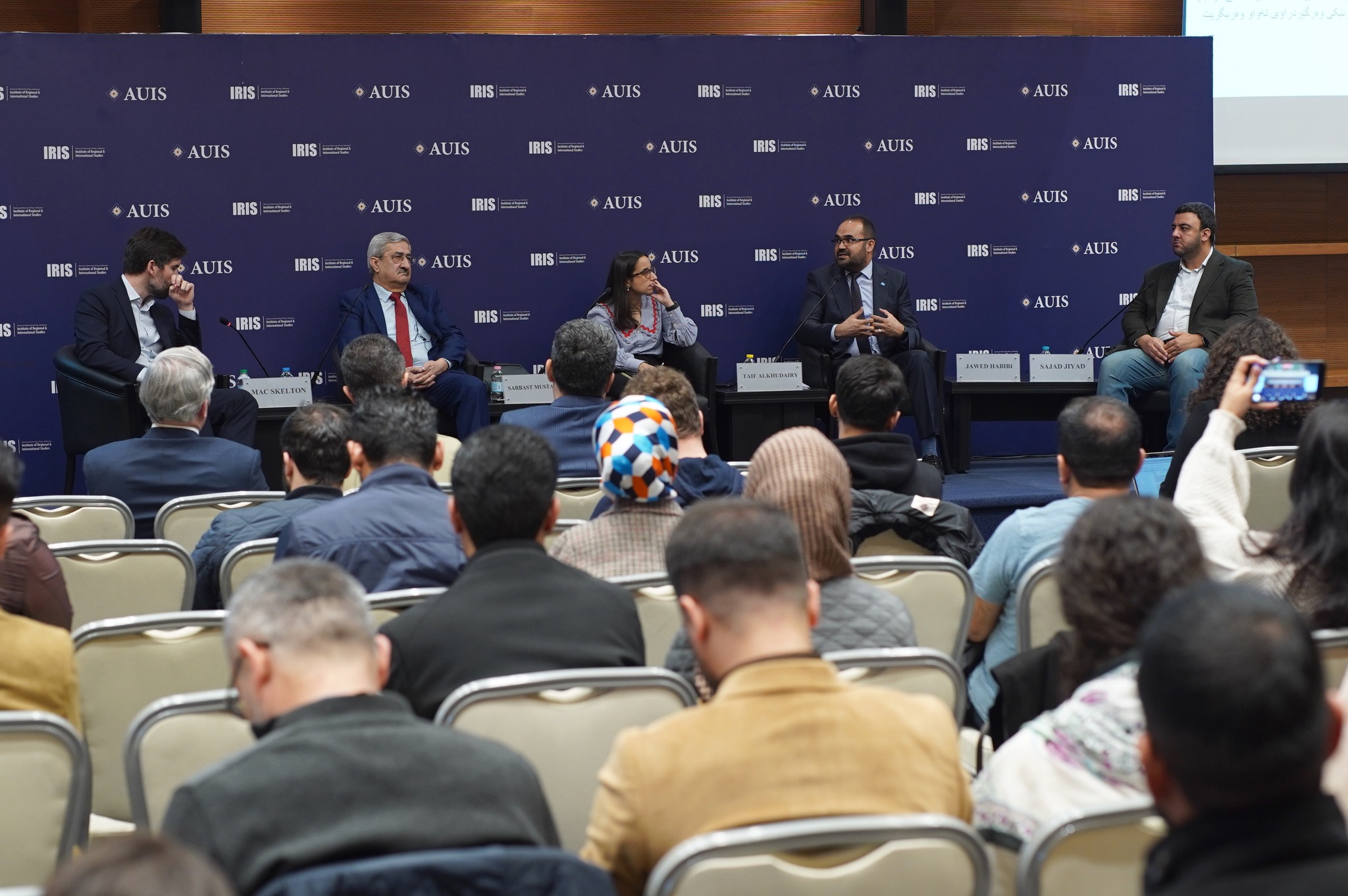Election observers and researchers believe that an agreement between the political parties and ethnicities is the only way to determine the next governor of Kirkuk, because they believe that no political party has a chance to win majority in the multi-ethnic province to appoint a governor.
Kirkuk and Nineveh are two disputed provinces under the Iraqi constitution and its administration is still disputed between the federal government and the Kurdistan Regional Government KRG.
The issue was discussed at the panel entitled “Looking Ahead to Iraq’s Provincial Elections,” arranged by the Institute of Regional & International Studies (IRIS) at the American University of Iraq, Sulaimani (AUIS), in Sulaimaniyah Northern Province on Monday, November 27.
Sajjad Jiyad, a researcher and senior fellow at IRIS, described the provincial council elections as "very important" and called the participation of the people in the vote important.
“These elections have not been held since ten years while for Kirkuk it is the first since 18 years.”
"For the Kurds, both Nineveh and Kirkuk are very special, but the Kurds and all other ethnicities and political parties in the disputed territories must know that if you do not win in those areas does not mean it is the end.”
If you don't win in the disputed territories, it doesn't mean you will end up there
"No political party has a chance to win Kirkuk to appoint a governor for itself. Therefore, the appointment of the next governor will be done by agreement and coordination. The parties, allies and the people should know this fact," he added.
The northern, oil rich-city of Kirkuk, is home to about 1.7 million Kurds, Turkmens and Arabs, according to the KRG figures in 2018. Located 238 kilometers north of Baghdad, Kirkuk is an ethnically mixed province and has long been at the center of disputes between Baghdad and the the KRG.

The first local government in Kirkuk was formed in 2005 by agreement of the three main ethnic groups of the province, Arabs, Kurds and Turkmens.
Of the 41 seats in the provincial council, the Brotherhood list, which was dominated by Kurdish parties, won 26 seats.
In the last parliamentary elections held in 2021, the Kurds won six of the 12 seats of the province, while the Arabs won four and the Turkmens two.
Sarbast Mustafa, the former head of the Independent High Electoral Commission IHEC, affirmed that it is hard for any community of Kirkuk appoint the next governor.
"Since the fall of the Ba'ath regime in 2003, the Kurds have won a majority in all elections in Kirkuk, but the situation in Kirkuk is different. When you talk about Kirkuk, you have to talk about three main components," Mustafa said.
He believes the same is true for Nineveh province.
"The Kurds have always won 35% of the votes in the province, which means that if the Kurds are united, they can stop nomination of the next governor and local government of Nineveh without involvingthem," Mustafa added.
If the Kurds are united, they can stop nomination of the next governor and local government of Nineveh without involving them
In the previous session of the Nineveh provincial council, the Kurdistan Democratic Party KDP led by Masoud Barzani made nine seats, including the last two seats, out of 29 seats, thus winning the head of the provincial council and the deputy governor, and turned the main component of the local government.
"The Kurdistan Democratic Party will not be able to win the most votes in the province this time, but it will be one of the parties that will attract good votes," Mustafa thinks.
"When you talk about the disputed territories, you have to talk about political agreement and coaltions," he said.
The provincial council elections are scheduled for December 18, with different ethnic and religious communities competing for the most seats.
"The performance of the political parties for the elections is very bad. They see the process as a war. If they lose, they will directly blame the electoral commission and the people. This is not a proper way of competition," Mustafa added.





